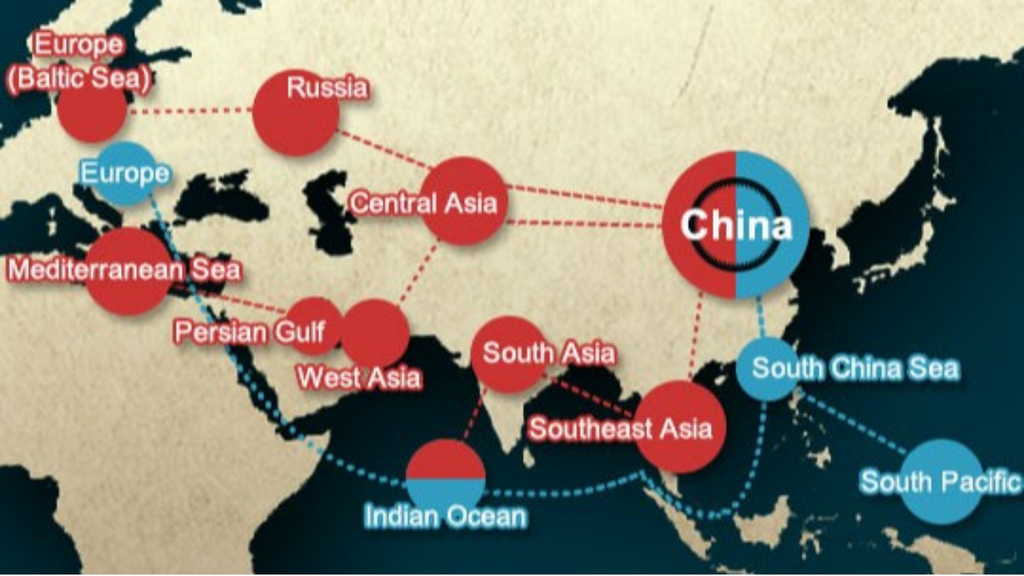Ye Comments on Future of China’s BRI and Challenges to Come

Min Ye, Associate Professor of International Relations at Boston University’s Frederick S. Pardee School of Global Studies, was interviewed for a Channel News Asia (CNA) article on China’s Belt and Road Initiative (BRI) and it’s future.
The article, titled “Xi Jinping’s third term: After a decade of building the Belt and Road, where does China go from here,” explores the BRI’s strategic implications for China’s growth and global influence as well as the controversies and economic challenges for the countries involved. As the BRI approaches its ten-year anniversary, Ye argues that its importance in China’s global strategy will stay and its global reach will likely expand gradually. However, she claims there are three major hurdles facing China’s global infrastructure development strategy: “competition from advanced democracies in infrastructure, financing and diplomacy…second is intractable recession induced by the pandemic in many countries…third, China’s domestic economy is facing a headwind, and Chinese companies and investors will be less capable and interested in global expansion.”
China critics have long described the initiative as a debt trap that drowns countries in unsustainable debt as Beijing wields undue influence over them, not to mention sovereignty and security concerns.
The full article can be read on CNA‘s website.
Min Ye is the author of Diasporas and Foreign Direct Investment in China and India (Cambridge University Press, 2014), and The Making of Northeast Asia (with Kent Calder, Stanford University Press, 2010). Her most recent book, titled The Belt Road and Beyond: State-Mobilized Globalization in China: 1998–2018 (Cambridge University Press 2020), explores the motivations and strategies behind China’s global economic expansion and considers the implications of the country’s status as a global power on both China and the world. Read more about Professor Ye on her faculty profile.